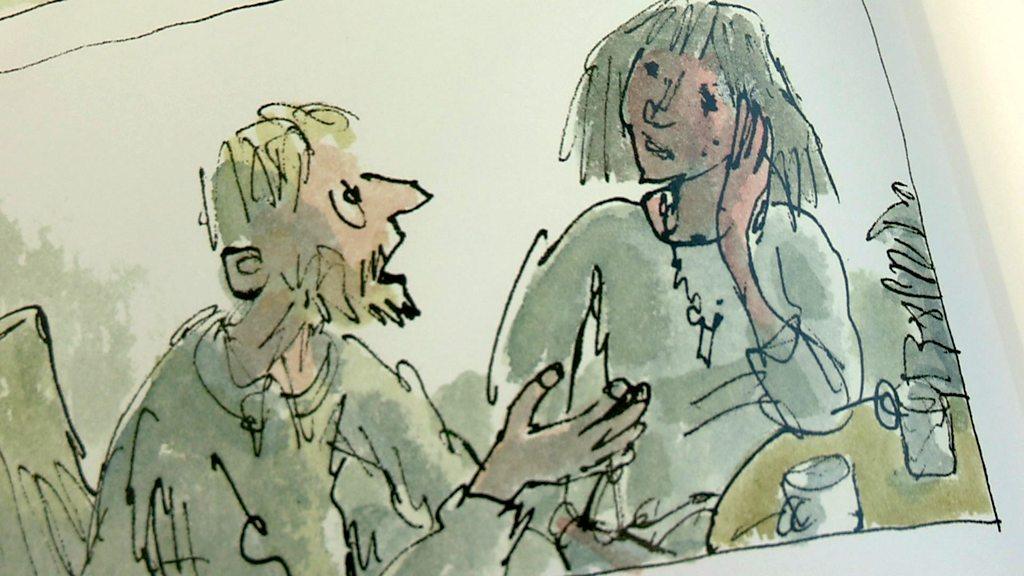Mental Health Awareness Week: One third of children aren't comfortable seeking help
- Published
- comments
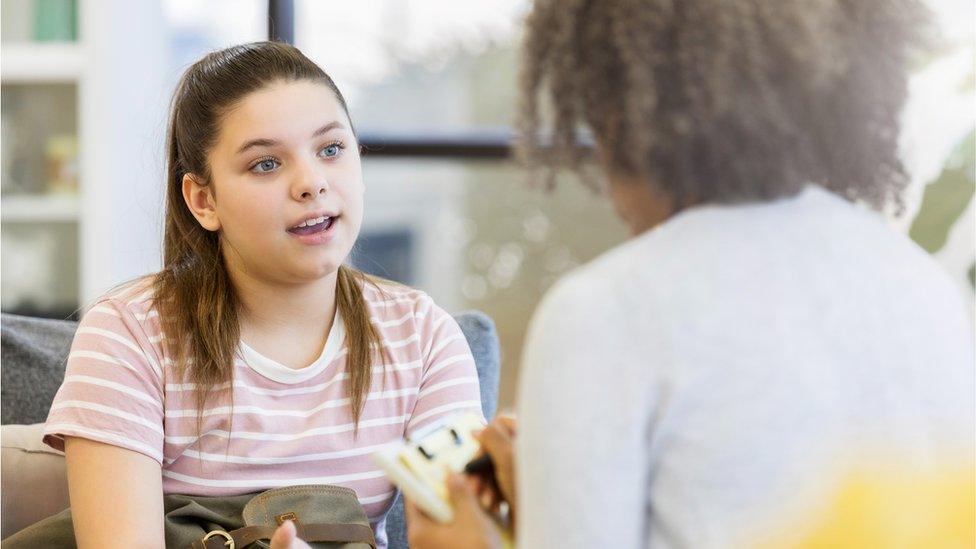
The survey found that lots of children and young people aren't comfortable asking for mental health support if they need it
Mental health is something that's talked about a lot nowadays and it's a big part of people's lives.
Looking after your mental health is really important and things like openly talking about what you're experiencing with the people around you, ensuring you're getting enough healthy foods, exercise, sleep and de-stressing through activities you love can all be really helpful.
However, not everyone knows how to go about seeking the necessary help and support if they need it.
'We need to look after those minds' Katie Thistleton for Mental Health Awareness Week.
A recent survey, carried out on behalf of BBC Children in Need, found that more than two thirds of children and young people (68%) between the ages of 11 and 18 believe young people's mental health in general has worsened because of the pandemic, and one in three (34%) say they aren't comfortable asking for help if they need it.
Over 1,000 parents were also surveyed and two thirds said they noticed changes when it came to their children's mental health for the very first time during the pandemic.
Around a third of parents (32%) surveyed also said their child's worries or anxieties often affected their mood or behaviour since the first national lockdown back in March 2020.
1,000 children and young people between the ages 11 and 18 took part in the survey. When asked about who their mental health:
49% said they'd feel most would feel most comfortable speaking to a parent or carer about what they're going through
15% would be most comfortable chatting to a friend about their mental health
9% said they'd be most comfortable sharing their mental health concerns with a relative
What else did the survey find?
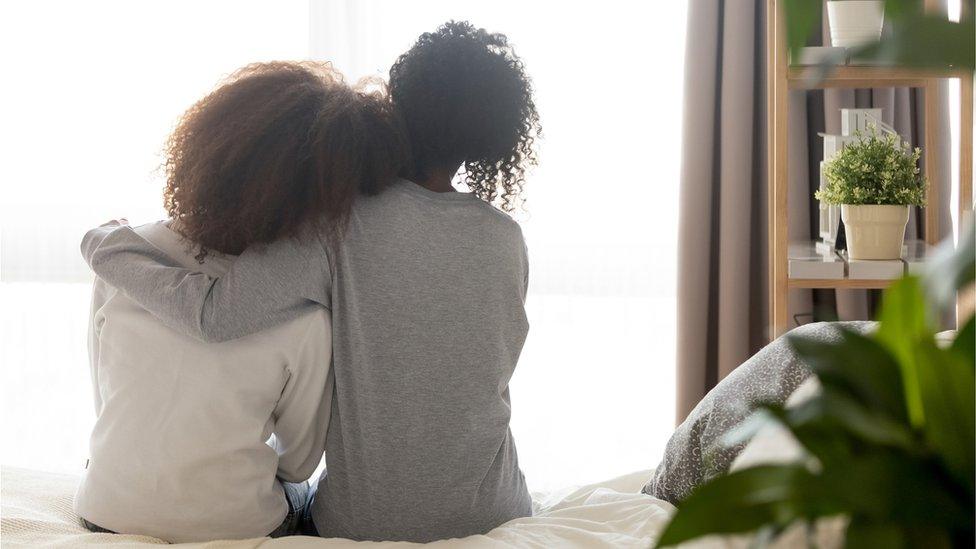
The survey found that around half of children would be most comfortable speaking about their mental health with a parent or carer
The survey also found that children and young people would feel most comfortable speaking to a parent or carer, their friends, or other relatives about their mental health, which suggests they're most likely to open up to those closest to them.
However, there are still lots of children who don't feel they could openly talk about their concerns with the people around them, and many could end up missing out on the support they need.
"This survey clearly shows that children and young people's mental health and emotional wellbeing has been significantly impacted by the pandemic and that urgent action is needed," said BBC Children in Need's Chief Executive Simon Antrobus.
"Much more needs to be done. What's also clear is that we can all play a role in addressing early signs of worry and anxiety, by showing children and young people that we're here to support them and to listen to them."
Do you feel comfortable talking about your mental health? And what are your top tips for doing so? Let us know in the comments.
- Published27 March 2017
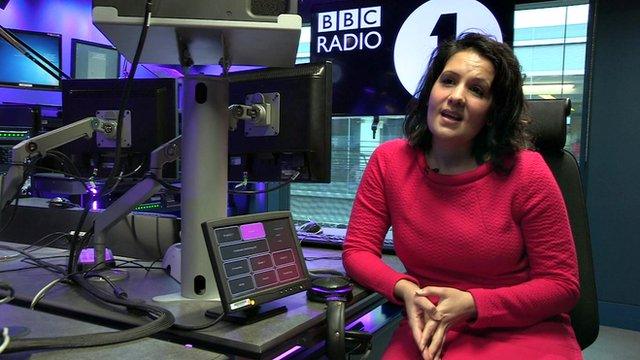
- Published27 March 2017
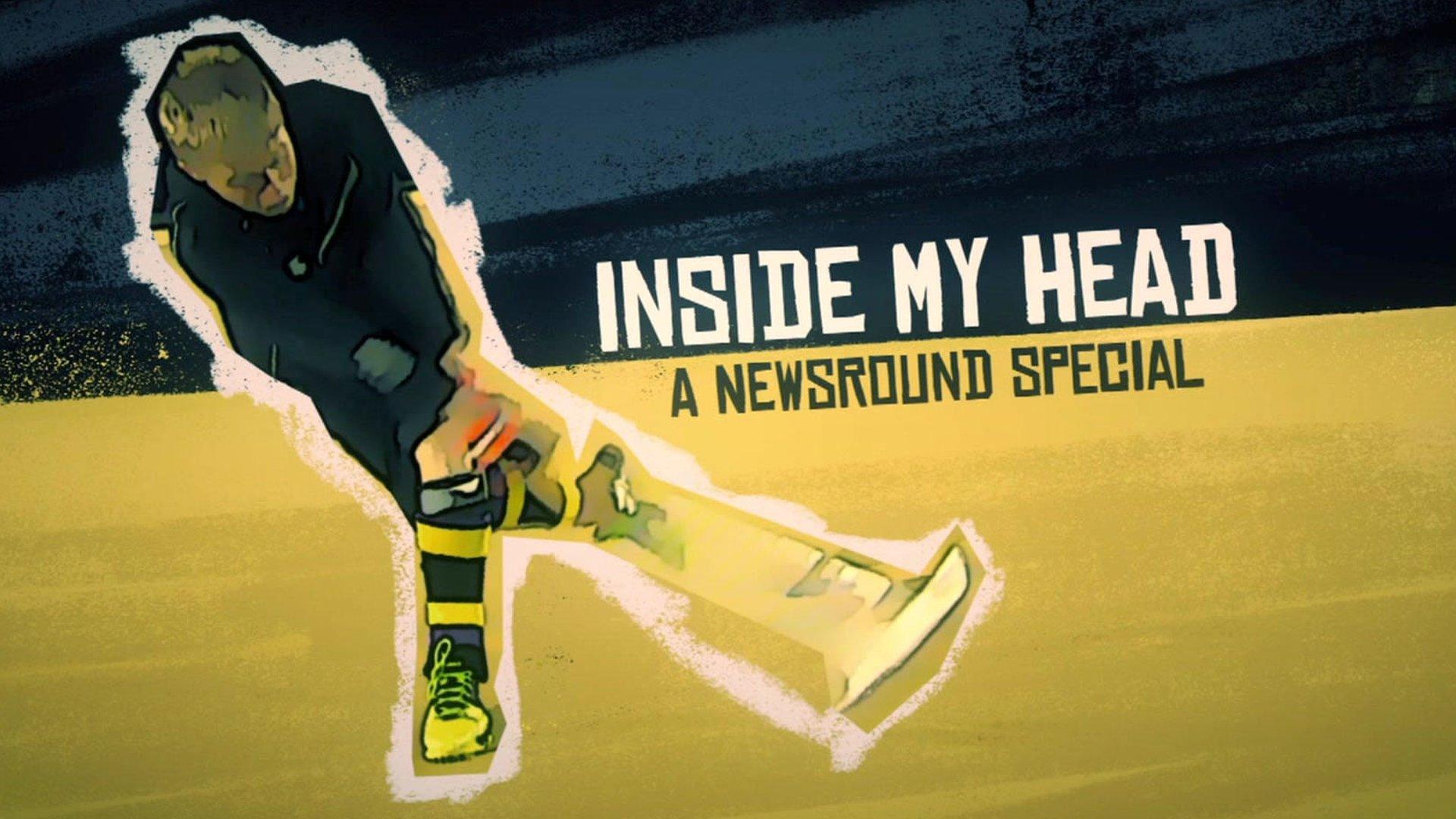
- Published4 December 2018
